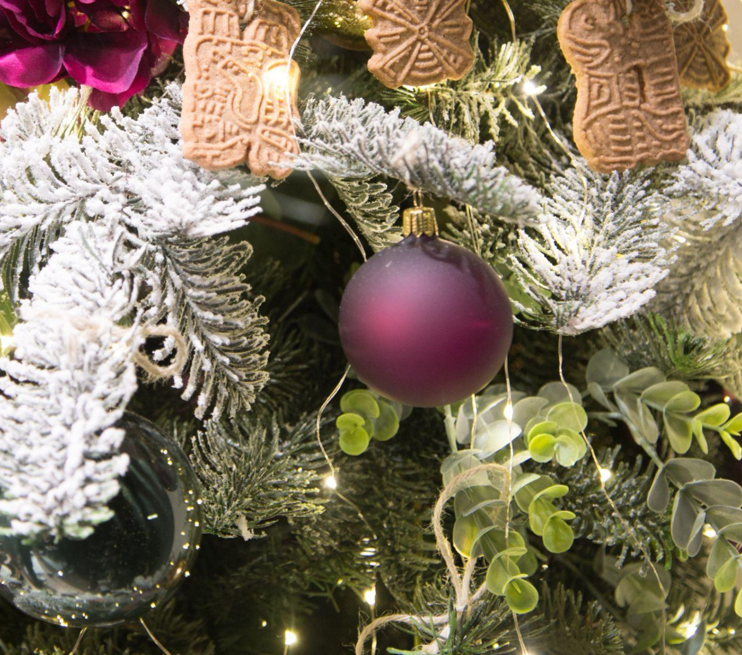As we approach the holiday season, we find ourselves enveloped in the warm embrace of traditions passed down from generation to generation. One such practice is greeting our family, friends, and loved ones with the warm and friendly phrases Merry Christmas and Happy Christmas.
But have you ever wondered about the origins of these festive greetings and why they differ from region to region? In this article, we explore the history behind these two phrases and the reasons behind their different usage in various parts of the world.
Merry Christmas: A Phrase from the Middle Ages
“Merry Christmas” is commonly used in the United States, Canada, and other Western countries. This phrase can be traced back to the Middle Ages when it was first used as a joyful greeting during the Christmas season. During this period, most people would celebrate Christmas by feasting, attending church services, and spending time with family and friends.
The word “merry” in “Merry Christmas” originally meant “pleasant,” “cheerful,” or “jovial.” However, as the holiday traditions evolved, so did the meaning of the word “merry.” It came to mean more than just happiness. It also included a sense of delight and the spirit of festivity that comes with Christmas.
The tradition of using this phrase has spread to many English-speaking countries and is now a common way of expressing good wishes during the holiday season.
Happy Christmas: A British Classic
In contrast to “Merry Christmas,” “Happy Christmas” is more commonly used in the United Kingdom and other British Commonwealth countries. The first record of this phrase dated to the 16th century when it was used as an expression of good wishes among the British aristocracy.
One reason for using “Happy Christmas” instead of “Merry Christmas” may be due to the differences in the English language. Unlike the United States, the UK retains the older forms of the English language, where the word “merry” was often used to describe a state of drunken revelry. Therefore, “Happy Christmas” may be more favorable since it conveys a sense of good wishes without any association with excessive alcohol use.
Despite the subtle differences between these phrases, the intention is always to spread love, goodwill, and cheer during the holiday season.
Holiday Traditions and Greetings Around the World
Christmas is recognized and celebrated as one of the most important religious holidays worldwide. Still, it is interesting to note that the traditions and practices associated with the holiday vary from one country to another.
For instance, in Argentina, the holiday is celebrated at the height of the summer season, and fireworks and outdoor barbeques are common ways to commemorate the season. Meanwhile, in Norway, it is customary to hide all the brooms in the house to prevent witches and evil spirits from coming in and stealing them.
Similarly, the greetings used during the Christmas season vary among different cultures. For example, in France, people often say “Joyeux Noël,” while in Italy, the greeting is “Buon Natale,” and in Spain, people greet each other with “Feliz Navidad.” All these greetings wish the same happy tidings despite the variance in language and culture.
In Conclusion
The holiday season is a time of warmth, joy, and togetherness. One of the simplest ways to extend holiday cheer is through festive greetings. “Merry Christmas” and “Happy Christmas,” though slightly different in meaning, share the same goal: spreading love and happiness during the holiday season.
The origins of these phrases may have started in medieval Europe. Still, they resonate with people worldwide, providing comfort and a sense of community during the most beautiful time of the year. So whether you’re celebrating with family and friends at home or far away, remember to spread happiness, kindness, and goodwill through the power of these festive greetings. Merry Christmas and Happy Christmas to you all!
